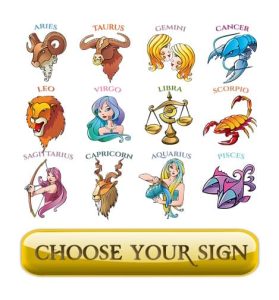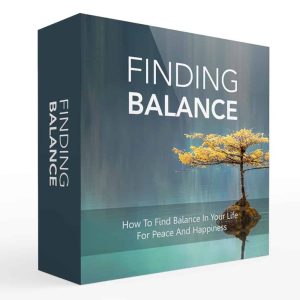Have you ever suffered from insomnia? In other words, do you face the difficulty of falling asleep and staying asleep at night? So what causes it? Often times, insomnia is caused by multiple reasons, such as not getting enough rest, hunger, psychological trauma, and so on. No matter what the reason is, millions of human beings suffer from a disease called insomnia. It robs you of getting enough rest, saps your energy, and destroys your productivity the next day. Not to mention the detrimental effect on your own physical and mental health.
What is insomnia?
Insomnia, by definition, is the difficulty of falling asleep and staying asleep. It refers to the types of restlessness a person suffers at different points of his or her sleep cycle. A simple way to diagnose insomnia is when a person is not satisfied with the amount of sleep that he or she has been getting.
Those with insomnia will feel a lack of energy, fatigue at different moments of the day, difficulty concentrating on tasks, terrible mood disturbances, and a low performance level in the workplace. It’s possible for insomniacs to have any of these symptoms after staying awake throughout the night. A human body requires rest to rejuvenate both mind and body. A lack of rest in either one of them will result in fatigue and various mental illnesses. Although they are terribly exhausted to the core, they still fail to fall asleep or stay asleep due to different causes. Now let’s see the two types of insomnia.
1: Acute Insomnia
There are two main types of insomnia: The first type is the kind of insomnia where you only suffer a couple of restless nights. Often times, you’re able to fall asleep and stay asleep easily. Many insomniacs might not think that they are suffering from it, but the fact is, they could be having acute insomnia.
So what is acute insomnia? This kind of insomnia comes from the core levels of stress that insomniacs are experiencing at that moment. They will face a short period where they are not able to fall asleep because of the life circumstances they’re facing at that moment. This type of insomnia doesn’t last for a prolonged period of time. Instead, it only happens due to certain factors or events during a specified period of time.
For instance, acute insomnia might occur after insomniacs face the wrath of their boss, get a bad grade on a test, get rejected by their crush, or simply because they’re having a ‘Bad Day’. These situations can cause a person to have a night or two where he or she simply cannot get any sleep. Many people may have experienced this kind of insomnia, and it tends to resolve on its own.
2: Chronic Insomnia
The second type of insomnia is known as chronic insomnia. It’s a prolonged kind of insomnia that occurs at least three nights per week and lasts for at least three months. Usually, this occurs when you are facing a significant change in your environment, physically or mentally. It could be moving to a new home, losing a loved one, being in a new workplace, facing challenges in school, or having trouble adapting to harsher weather. Perhaps the reason why chronic insomniacs are having trouble sleeping is that they have an unhealthy sleep habit without a proper sleep routine.
It’s common in today’s world; modern society has screwed up the sleep cycle with short hours of sleep. To make things worse, most of them sleep at odd hours. They don’t practice the habit of going to bed early and rising early the next day. As a result, the mind doesn’t know when to shut down and would be accustomed to staying up late. That’s the reason why insomnia has become a common problem in today’s society. What people fail to understand is that the body will not be able to function with a small amount of sleep one night and expect to compensate their sleep gap by taking naps later on during the day. While this may seem possible and useful in the beginning, this sleep pattern is not sustainable for the long term.
Eventually, the mind and body will collapse, and you will experience complete exhaustion until you get enough rest. The best fix is to have a fixed schedule for sleep and practice a healthy sleep routine. Otherwise, you need to visit the doctor for medication. Typically, it will be linked to another medical or psychiatric issue, meaning that the reason you might be having chronic insomnia is due to stress. What seems to be a typical situation will seem stressful if you have chronic insomnia. A restless mind and body will feel annoyed by any stimulus from the immediate environment.

















